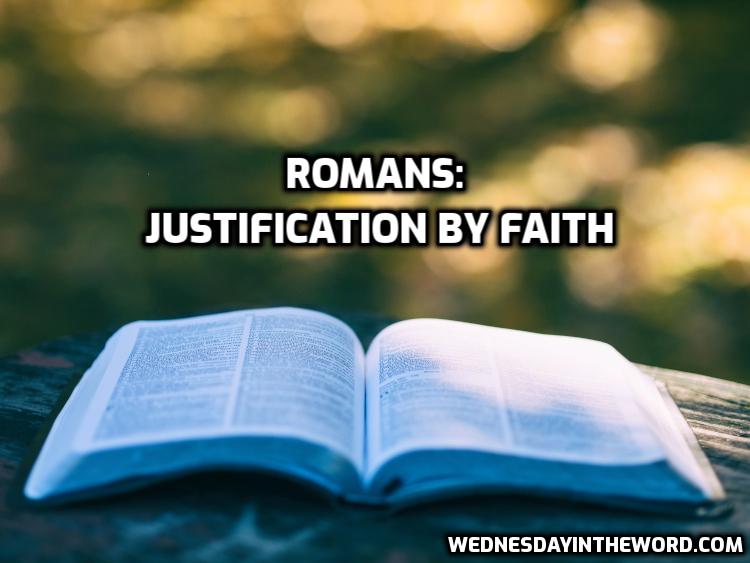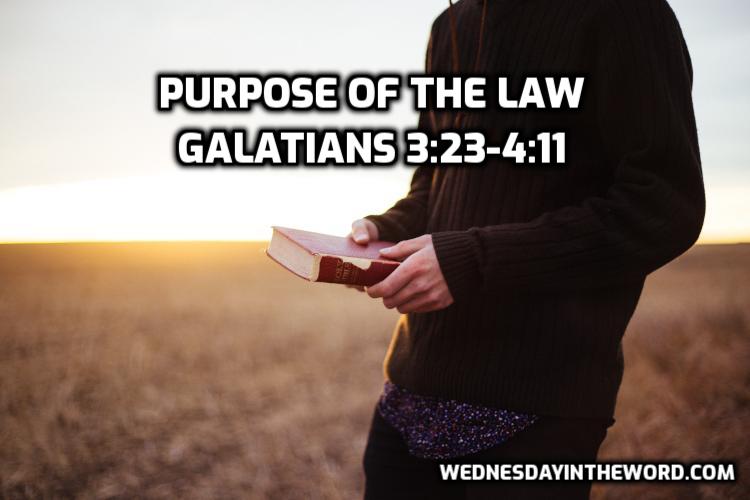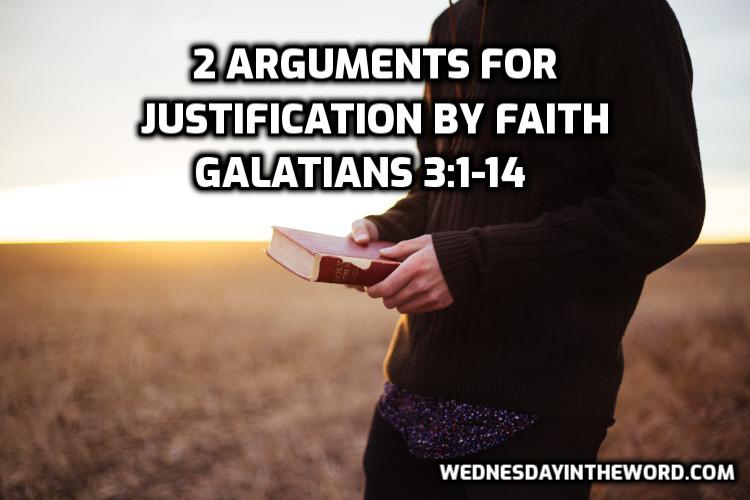
Sin and academic perfection
All through my academic career I rubbed shoulders with people smarter than I. The standard was always higher than I could reach, no matter how I hard I tried. Holiness is like that.

All through my academic career I rubbed shoulders with people smarter than I. The standard was always higher than I could reach, no matter how I hard I tried. Holiness is like that.

When I was a new Christian, I told another believer that I was struggling with controlling my temper. She told me that I was not a genuine Christian because if I was, I wouldn’t sin. If she is right, not only was I not a Christian then — I still am not a Christian now. When you discover two very different interpretations of the Bible, how do you decide who’s right?

The apostle Paul writes to explain the good news of Jesus Christ, who as Messiah, is the Savior for all people; who as the Transformer of lives writes His Law on our hearts; and who as the Lord of history is carefully bringing this salvation to all nations — culminating in the restoration of Israel.

Paul writes his final comments with his own hand to emphasize his message.

No compromise is possible. You either seek salvation by keeping the whole law or by grace through faith in Christ. You can’t mix and match law and grace.

The law teaches us that we are sinful and we need a savior. But having learned that lesson, we should graduate from law-keeping to the maturity of faith.

How does justification relate to atonement? What’s the difference between expiation and propitiation? Find out.

Why does the Apostle Paul broadcast his conflict with the Apostle Peter in an open letter to multiple churches? What did he expect the Galatians to learn from it and what can we learn today?